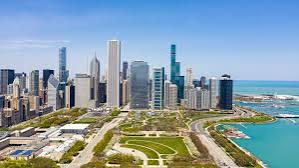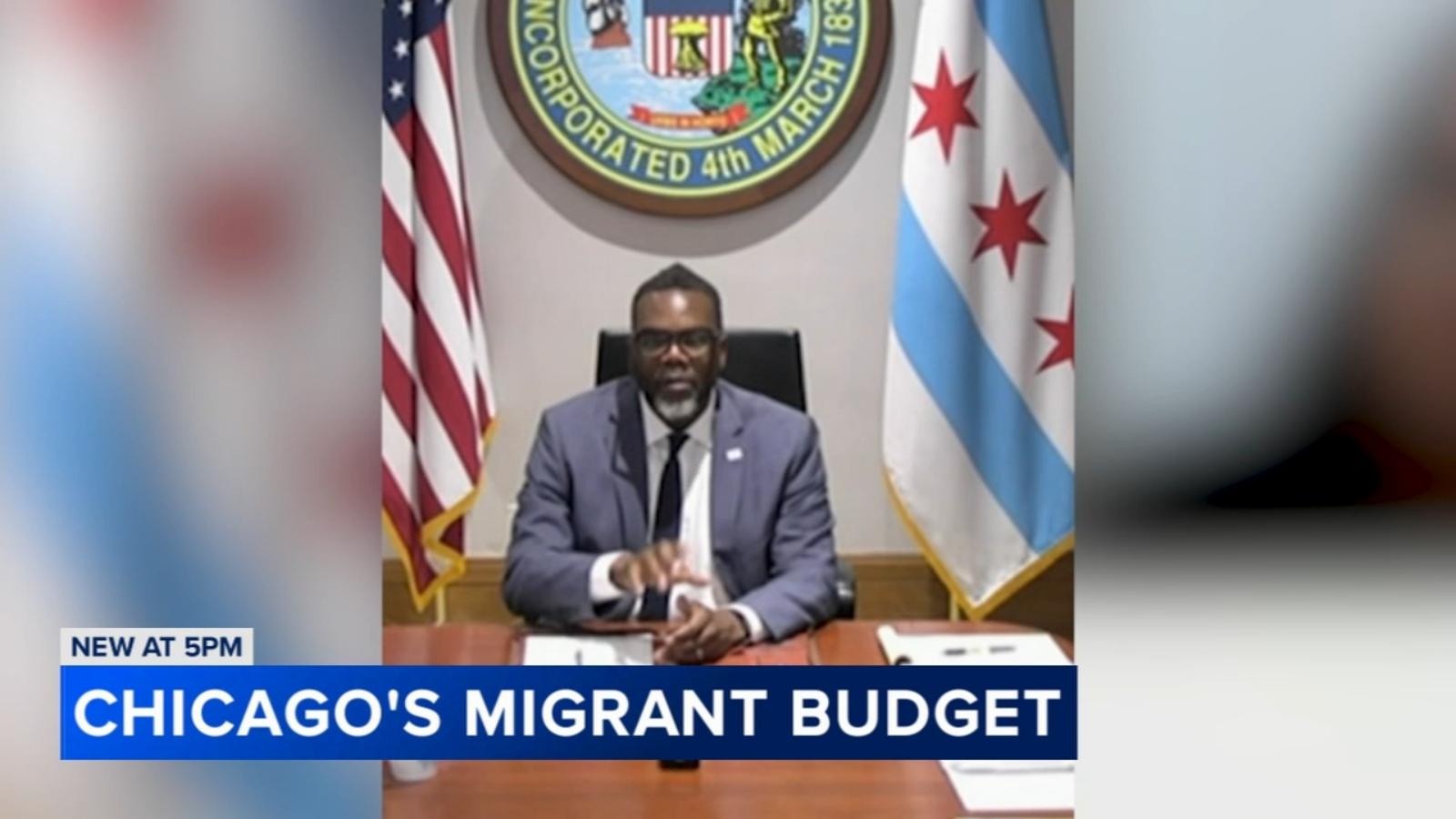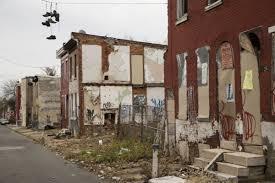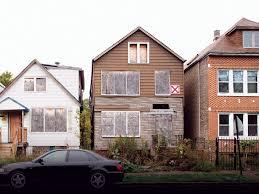In the West Loop, Johnson aides ultimately approved deals to convert three former office buildings into migrant housing at a cost to the city of as much as $1.3 million a month, according to information provided by the city. That tab is just for renting the space — it doesn’t include food or other services. And the city has opened 22 other shelters, most in privately owned buildings whose owners will be compensated at rates not yet revealed to the public.The city is obligated to pay far more to use the West Loop properties than they were generating before they were used as shelters. Advertised rent for West Loop office space is a fraction of the rate the city is responsible for paying to house migrants. Plus, before they were used for temporary housing, none of the shelter buildings had been full, as landlords struggled with plummeting demand for office space after the pandemic. City officials and real estate professionals said the shelter deals resulted from Johnson’s commitment to help migrants. They stressed that the costs of managing the properties, including utilities and insurance, are higher when they’re used for housing instead of offices. “To compare what a company would pay to lease out the building with what the City is paying would be a misrepresentation of the reality,” the Mayor’s Office said in a written statement. A woman volunteers for public comment during a West Loop community meeting on Sept. 18 regarding temporary shelters for migrants. Credit: Melody Mercado/Block Club Chicago But the city hasn’t offered a full picture of that reality. As in other neighborhoods, the shelter deals in the West Loop remain shrouded in secrecy, which has hurt the cause of helping the migrants, neighbors and alderpeople say: Johnson administration officials won’t detail how the West Loop shelter sites were chosen, instead providing a general overview of how the Mayor’s Office and other departments work with contractors to identify suitable properties. The overview shows the city did not undertake a competitive bidding process before renting the properties. Buses from Texas began bringing migrants in August 2022, but officials consider the shelters part of an ongoing emergency response, allowing the city to bypass standard contracting rules. City officials also said they don’t yet have records showing how much they’ve been billed for use of the West Loop properties.Johnson aides told Block Club they don’t have copies of the West Loop rental agreements because contractors handled that work. The contractors and building owners declined to comment, wouldn’t provide figures or documentation or didn’t respond. The Johnson administration should let the public see details of the shelter deals, including rental agreements and payments, said Joe Ferguson, the city’s inspector general from 2009 to 2021. If city officials don’t have those records, they aren’t providing adequate oversight, he said.
Get updates delivered to you daily. Free and customizable.
Chicago, IL
The city of Chicago finds money for housing for the migrants, they offered lucrative opportunities to some city contractors and well-connected property owners, for renovation of vacant dilapidated properties while Chicagoans struggle to find affordable housing
Seed of Israel
Comments / 0
Add a Comment
YOU MAY ALSO LIKE
 Most Popular
Most PopularThe Not-So-Secret Gay Life of Actor Roddy McDowell: 25 Years After His Tragic Death From Lung Cancer
Los Angeles County, CA10 days ago
Detroit, MI7 days ago
Dania Beach, FL11 days ago
Coffee County, GA8 days ago
J. Souza2 days ago
Louisville, KY1 hour ago
Cheyenne, WY18 days ago
Wyoming State29 days ago
Columbus, OH23 days ago
Chesterfield County, VA3 days ago
Get updates delivered to you daily. Free and customizable.
It’s essential to note our commitment to transparency:
Our Terms of Use acknowledge that our services may not always be error-free, and our Community Standards emphasize our discretion in enforcing policies. As a platform hosting over 100,000 pieces of content published daily, we cannot pre-vet content, but we strive to foster a dynamic environment for free expression and robust discourse through safety guardrails of human and AI moderation.





Comments / 0